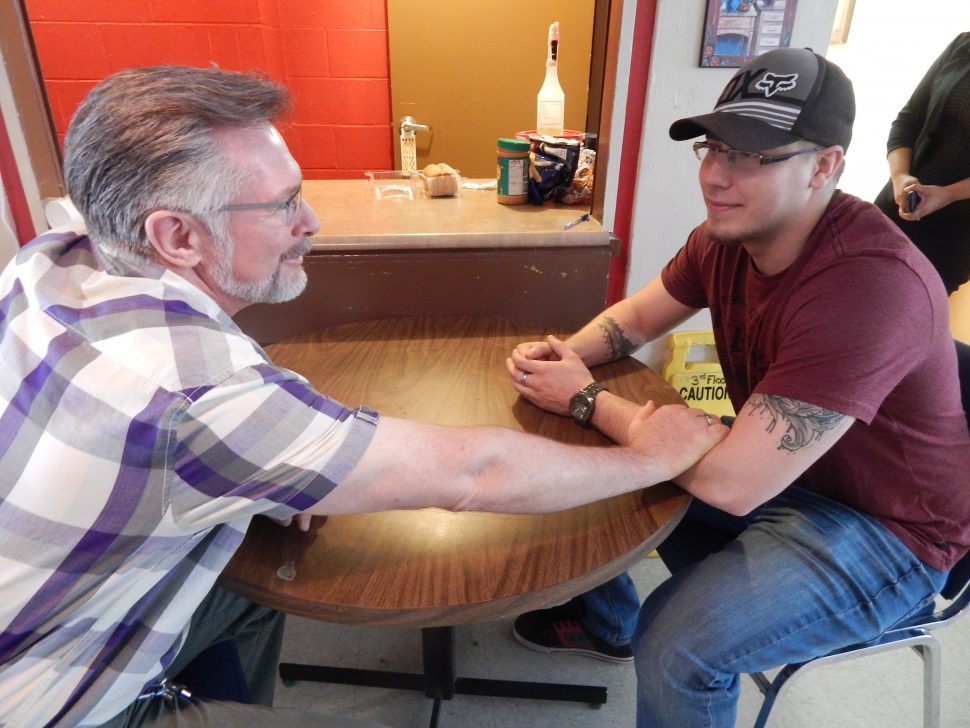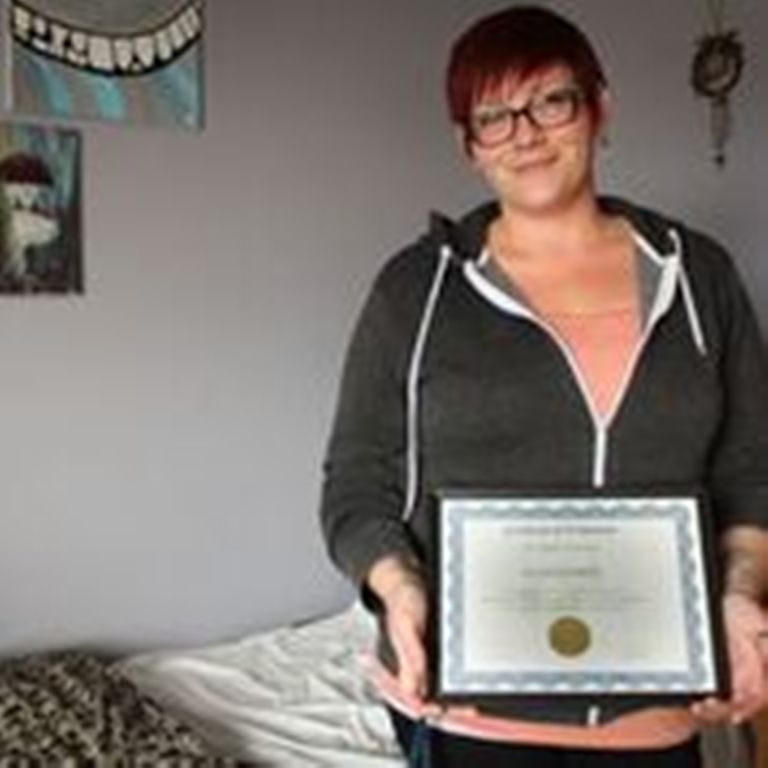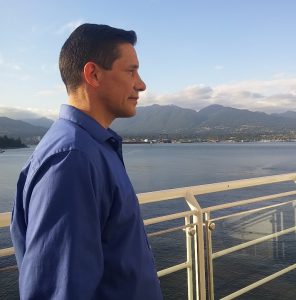Addiction Services (updated 03/24)
The Salvation Army provides 19 Addiction Services Programs in Canada and Bermuda. The programs serve men, and women. There are five main types of addiction services offered. They include:
a) Out-Patient Treatment / Recovery Programs―located in Saskatoon, Hamilton and Toronto. In Hamilton and Toronto, clients are often employed and live in the community. They attend weekly counselling and some group therapy. They are there to receive assistance in addressing their addictions. The program in Saskatoon has an addictions counsellor who works in community with people at risk of homelessness.
b) Withdrawal Management Programs―located in Yellowknife, Vancouver, Mount Waddington, and London, to help people withdraw from alcohol or substance use. Here, they receive basic counselling. Once they reach their goals that were agreed upon in assessment, they are discharged to home or a treatment program.
c) Treatment / Recovery Programs― located in Vancouver, Bermuda, Victoria, Regina, Ottawa and Toronto. Clients receive accommodation and meals. A client’s treatment is based on their individual needs. The average stay is between three to six months. During this time, they attend classes, participate in one-on-one counselling and receive medical, physical and spiritual care. Here, they learn to deal with the life issues that are causing them to use, and they find healthier ways to deal with life and making choices.
d) Transitional Housing Programs―located in Yellowknife, Victoria, Vancouver, Edmonton, Winnipeg, Glencairn, Kingston, Toronto, Ottawa and Bermuda. Clients who have completed a residential substance abuse program move onto a transitional housing program. Here, they will often be attending school or be employed and will continue to receive counselling and supports to help them reintegrate back into the community.
e) After Care Programs―located in , Victoria, Vancouver, Calgary, Winnipeg, , Glencairn and Toronto. The program is for clients who have completed a substance abuse program, but still want a support system where they meet in evenings once a week in a group setting to discuss the issues they face since completing a program. Our program in Edmonton offers supportive living for women post treatment.



